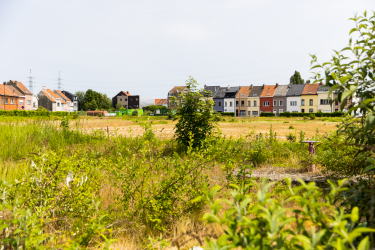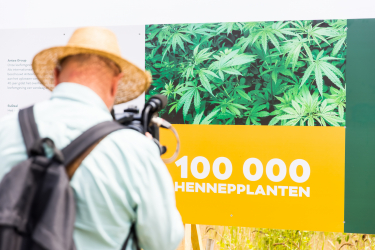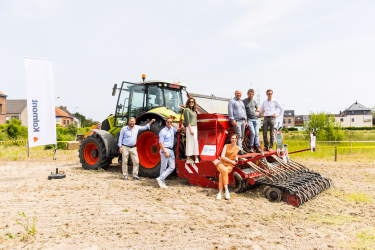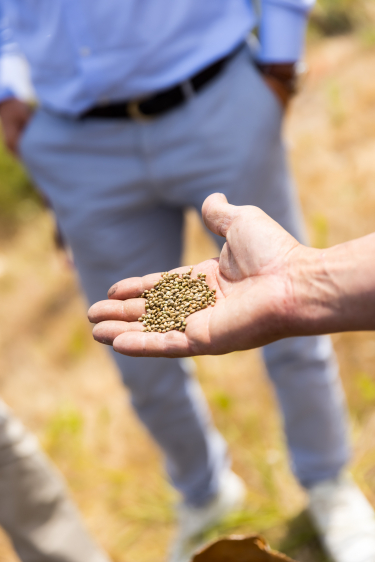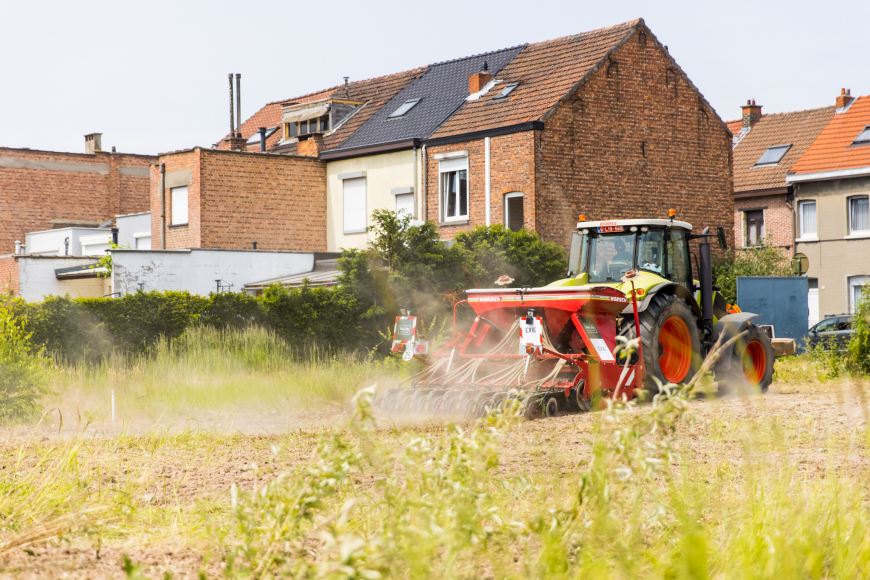Akzo Nobel's plant at the Leuvensesteenweg in the Faubourg district of Vilvoorde by Brussels produced paint for years. But once it closed, the site became derelict and got nicknamed De Levis. Now, after many years of complete standstill, something has started moving and property developer Kolmont is repurposing the plot of 1.5 ha. With De Perken, the company from Limburg aims to develop a brand new quality and lively city district.
